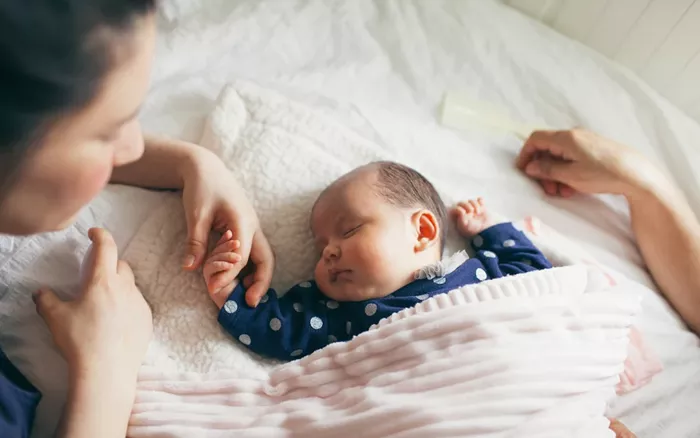The United States is facing a serious fertility crisis. The number of babies born each year continues to drop as women wait longer to start families.
In 2024, the US fertility rate is 1.6 children per woman. This is a steep decline from 66.3 live births per 1,000 women in 2004. Many couples now struggle to conceive naturally and turn to IVF or surrogacy.
Worldwide, about one in six adults experience infertility, according to the World Health Organization. In the US, around 9% of men and 11% of women of reproductive age face fertility problems.
Experts say several factors are behind this decline. Women are having children later, but mental health issues, environmental toxins, and hormone imbalances also play a role.
The National Institutes of Health projects that over seven million American women will experience infertility in 2025.
Dr. Jessica Sharratt, an expert in Oriental Medicine, links rising infertility to increased chemical exposure and unhealthy lifestyles. She says toxic chemicals quietly disrupt hormones needed for pregnancy.
A 2017 study found women eating more pesticide-covered fruits and vegetables were less likely to conceive or have a live birth. Chemicals like glyphosate build up over time and harm reproductive health.
Dr. Jamie Stanhiser, a fertility specialist, points to health conditions like obesity, PCOS, diabetes, and autoimmune diseases as key factors. PCOS causes hormone imbalances that often lead to infertility.
Stress and anxiety are also worsening fertility problems. Mental health disorders can increase infertility risk and make it harder for couples to seek treatment.
Studies confirm that infertile women experience higher rates of stress, depression, and anxiety than fertile women. This link is seen in countries worldwide.
Male infertility is also rising, affecting 10 to 15% of American men trying to conceive. Causes include depression, low sperm count, varicose veins in testicles, genetics, and chemotherapy.
Doctors recommend lifestyle changes to improve fertility. Dr. Jamie Knopman suggests a Mediterranean diet rich in fruits, vegetables, nuts, whole grains, and fish to reduce inflammation.
Exercise is important too. Dr. Knopman encourages women to stay active during fertility treatments by strength training or walking. Movement supports overall reproductive health.
Dr. Elizabeth King adds that an anti-inflammatory diet and managing stress through meditation, yoga, or good sleep can boost fertility. She advises avoiding foods that cause inflammation through sensitivity tests.
For those seeking fertility evaluation, Dr. Iris Insogna advises women under 35 to see a specialist after one year of trying, and women 35 or older after six months. Same-sex couples and single parents can consult anytime.
Dr. Knopman emphasizes kindness to oneself during fertility struggles. She warns against blaming occasional indulgences like a glass of wine for difficulties conceiving.
The fertility crisis is complex. But awareness and healthy lifestyle choices can help many women improve their chances of having a child.


